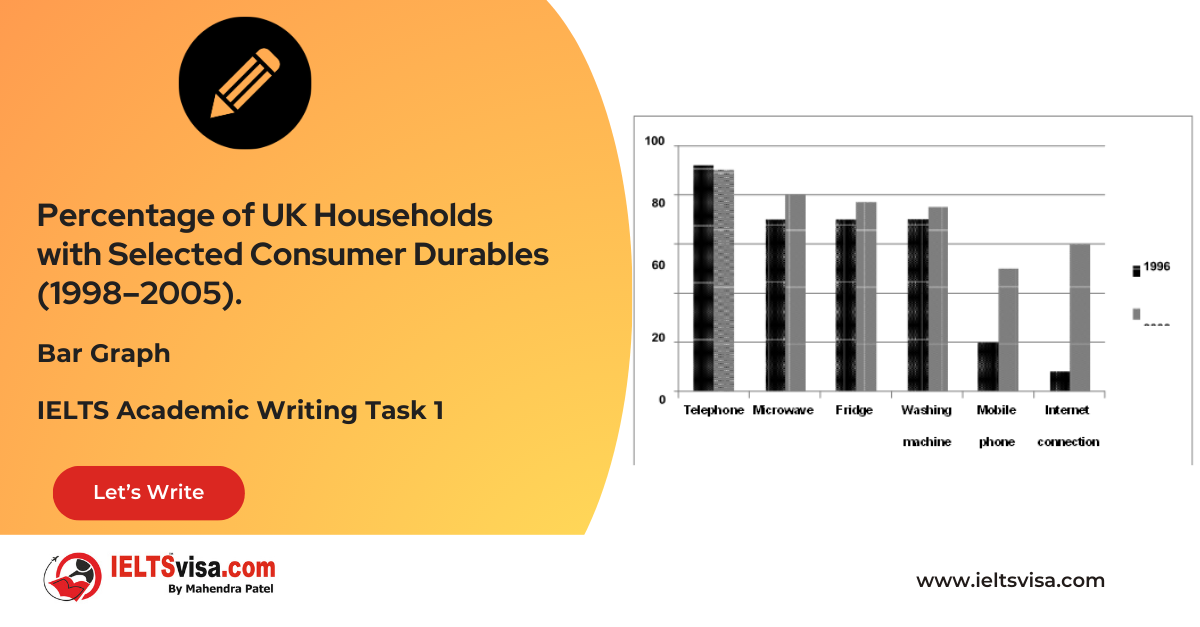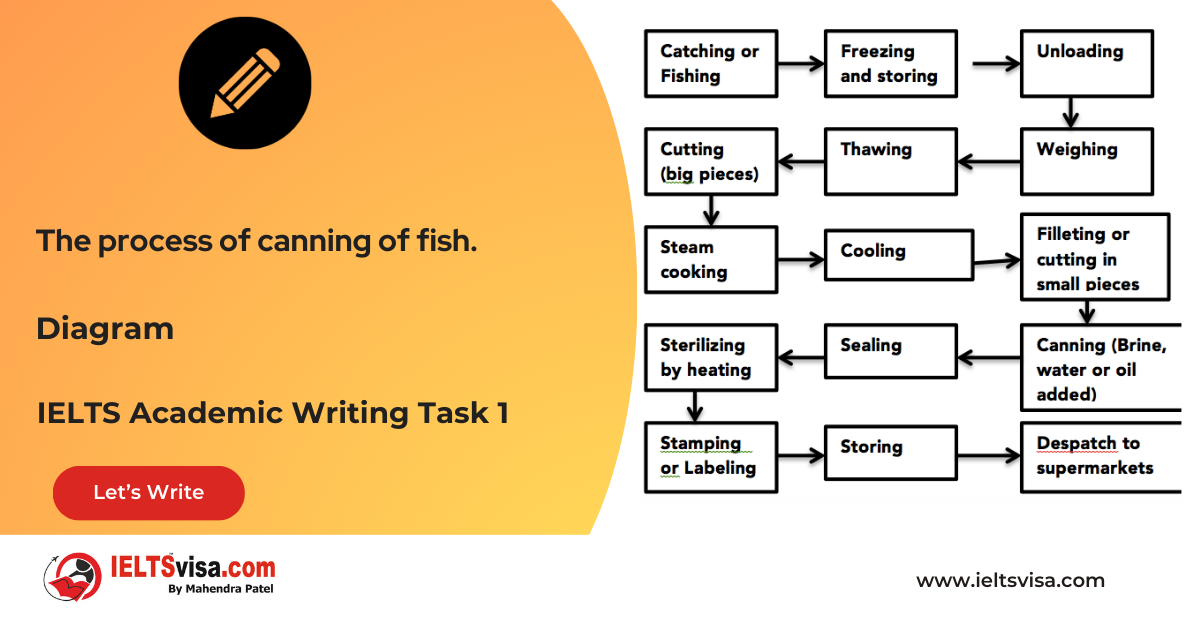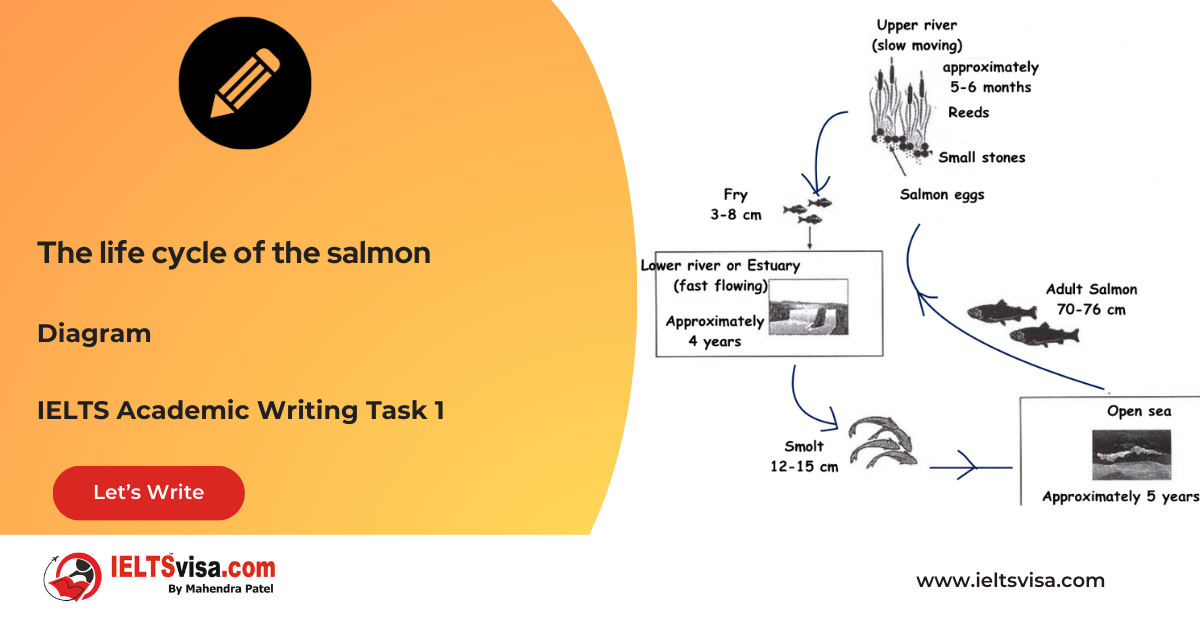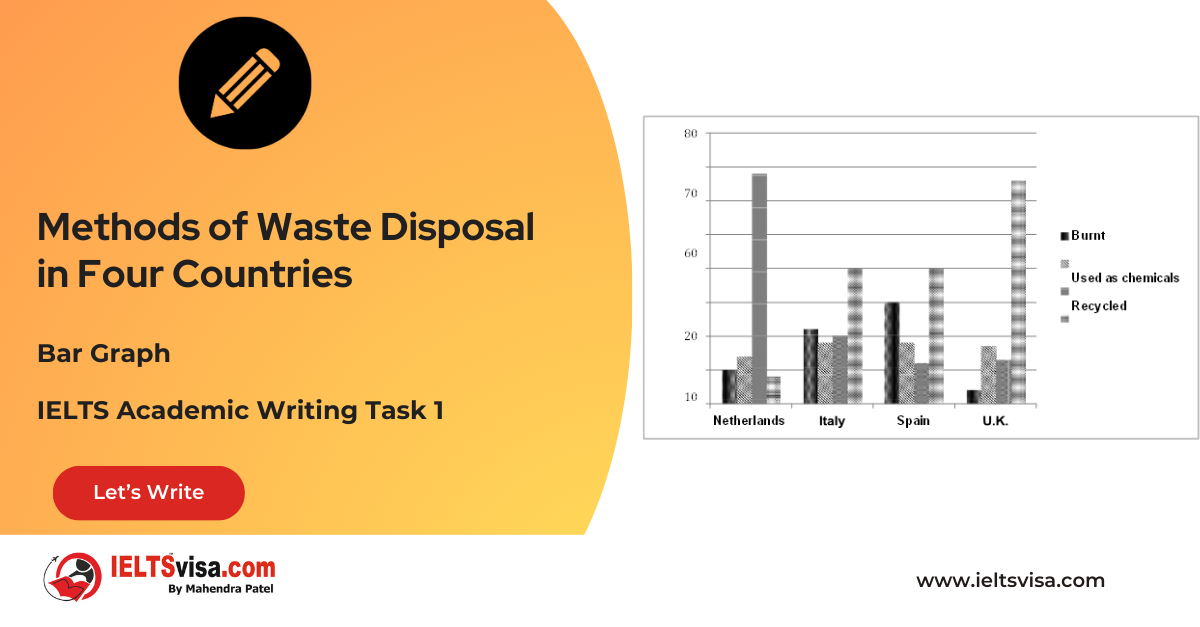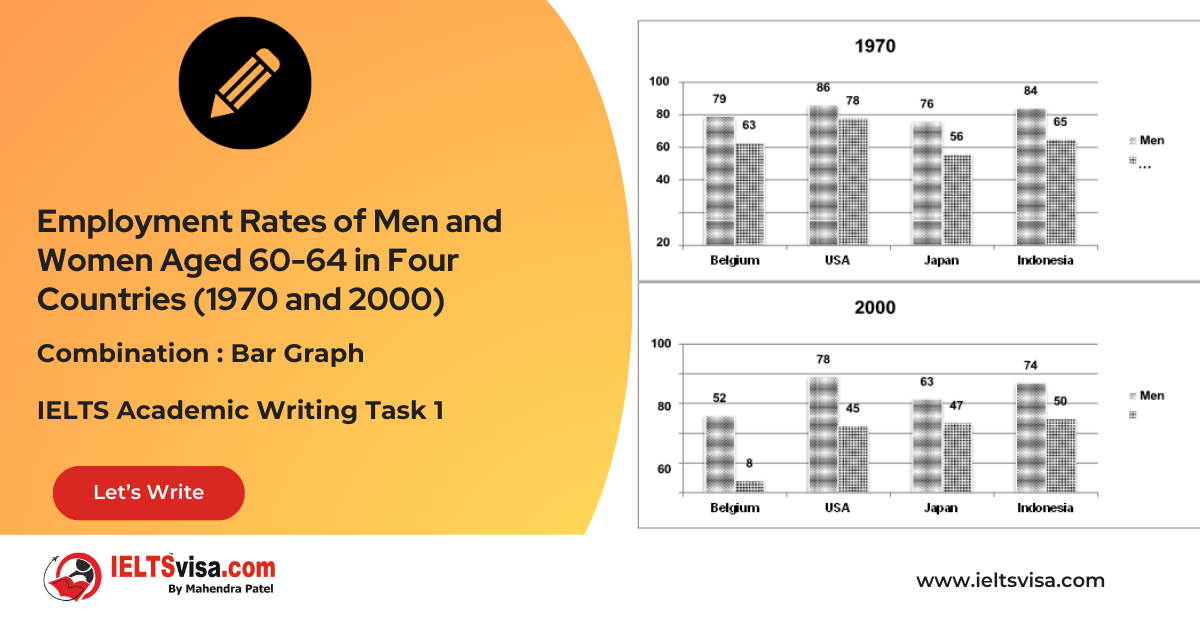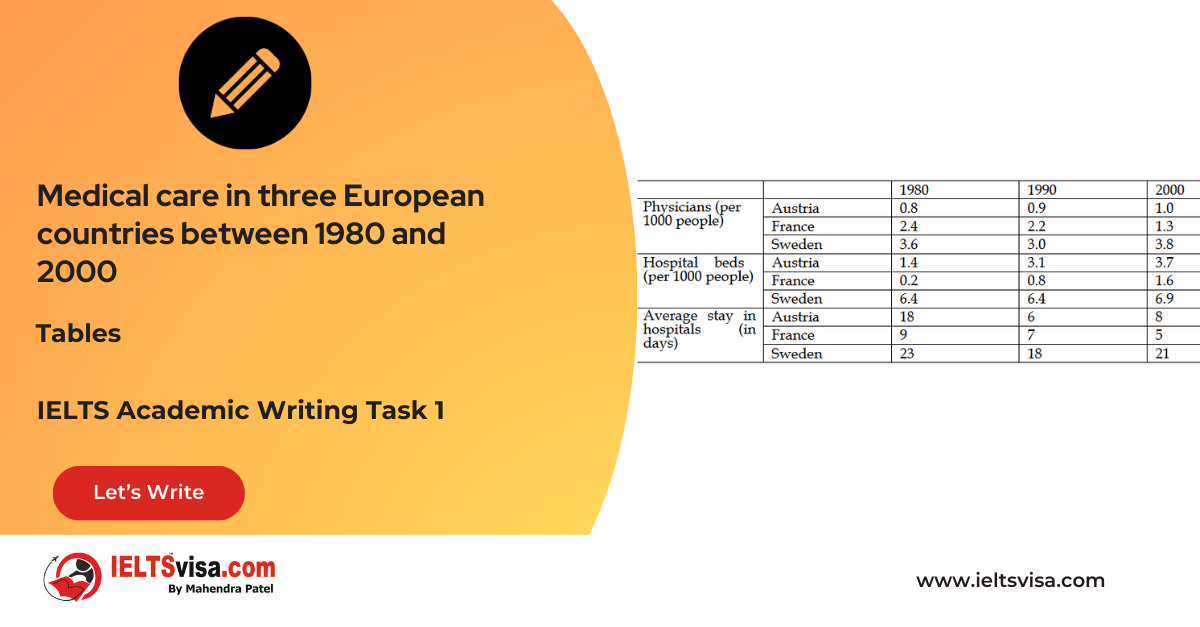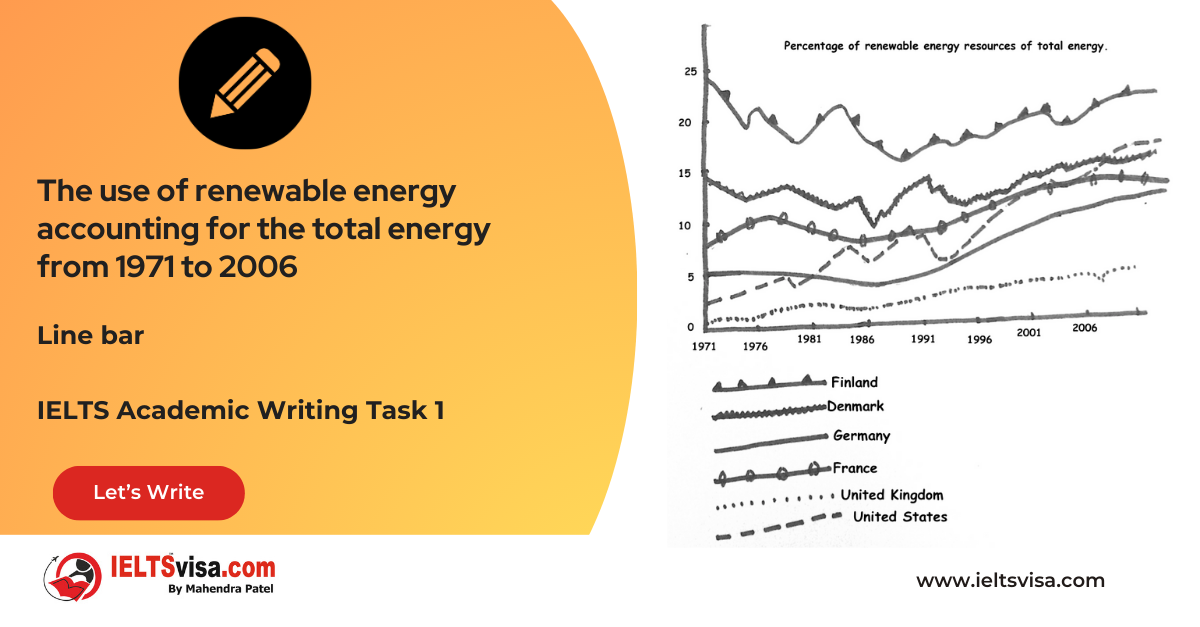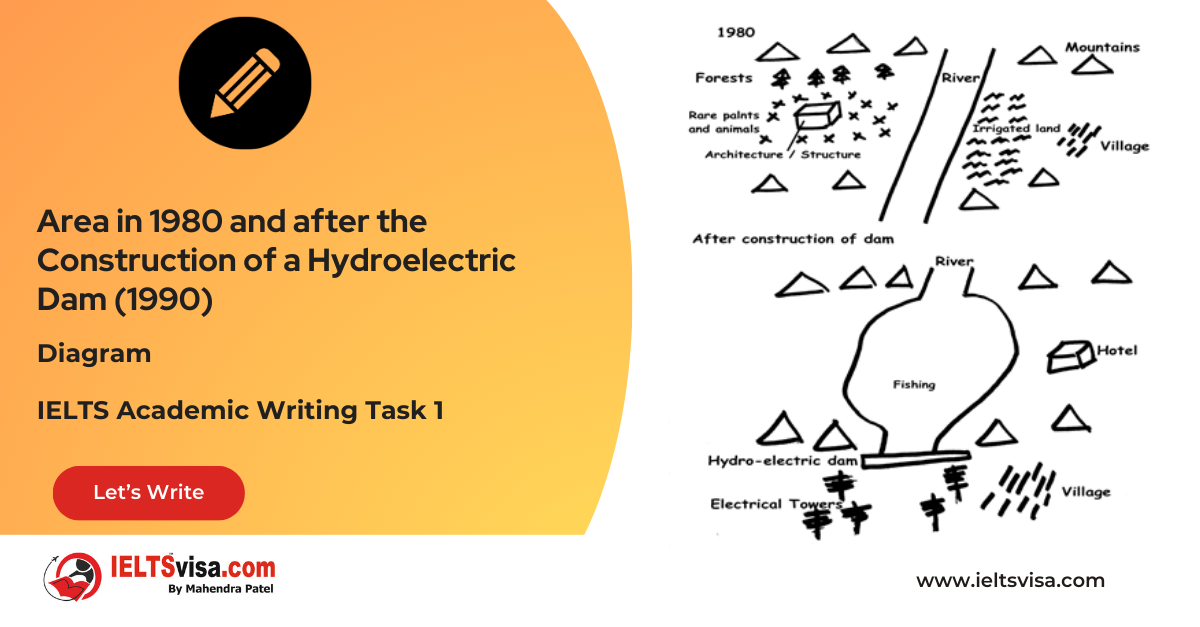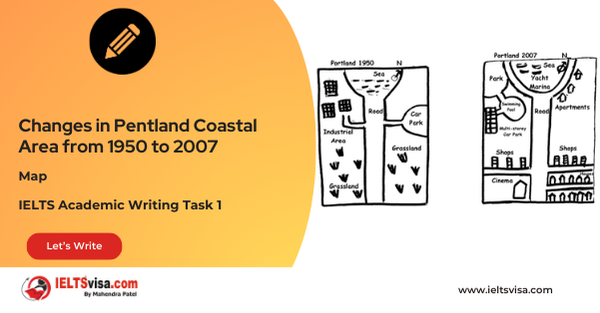Time Phases
Lexical Resource & Grammatical Range and AccuracyIELTS Academic Writing Task 1
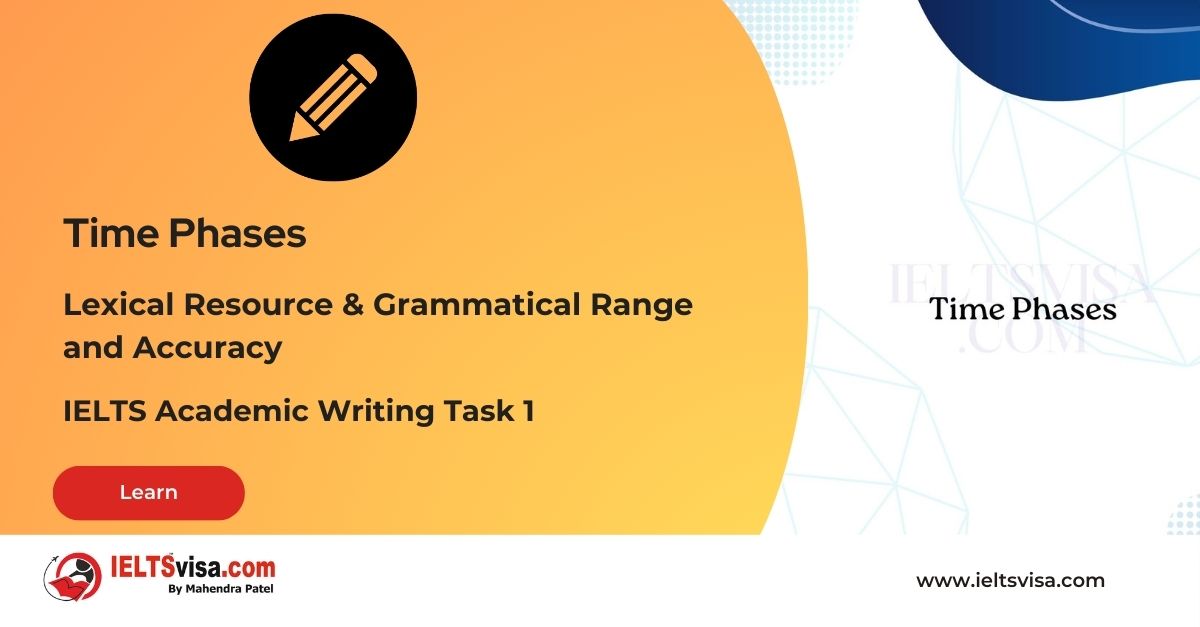
In the IELTS Academic Writing Task 1, demonstrating a strong command of time phases is crucial for achieving a high score in the Lexical Resource and Grammatical Range and Accuracy criteria.
This task requires test takers to describe and interpret visual information, such as graphs, charts, and diagrams, often involving time-related data. By effectively utilizing appropriate time phases, you can accurately convey the temporal aspects of the information, showcase your language proficiency, and enhance your overall performance.
In this article, we will explore the importance of time phases in Task 1, accompanied by examples and answers to help you excel.
1. Present Simple:
The present simple tense is commonly used to describe permanent or general facts and situations. Task 1 can be used to discuss ongoing trends or repeat actions. Consider the following example:
Original Sentence:
The graph shows the annual rainfall in the region.
Revised Sentence:
The graph illustrates the annual rainfall pattern in the region.
In this revised sentence, the present simple tense “illustrates” is used to describe the general action of the graph, which is to depict the annual rainfall.
2. Past Simple:
The past simple tense is used to describe completed actions or events that occurred at a specific time in the past. It is often used to discuss historical data or changes over a given period. For example:
Original Sentence:
The number of students increased in 2010.
Revised Sentence:
The number of students rose significantly in 2010.
In this revised sentence, the past simple tense “rose” is used to indicate a specific action that happened in the past.
3. Present Perfect:
The present perfect tense is used to describe actions or events that started in the past but have a connection to the present. It is often used to discuss changes or trends up to the present moment.
Consider the following example:
Original Sentence:
The population has grown over the last decade.
Revised Sentence:
The population has experienced steady growth over the last decade.
In this revised sentence, the present perfect tense “has experienced” is used to indicate a change that started in the past but has continued up to the present.
4. Future Forms:
Future forms are used to discuss future actions or events in Task 1. They can indicate predictions, projections, or plans. For example:
Original Sentence:
The company will expand its operations next year.
Revised Sentence:
The company is planning to expand its operations next year.
In this revised sentence, the future form “is planning to expand” is used to indicate a future action that the company intends to undertake.
5. Comparing Time Phases:
When comparing time phases in Task 1, appropriate language can be used to describe the relationship between different periods. For example:
Original Sentence:
The number of visitors in 2010 was higher than in 2015. Revised Sentence: The number of visitors in 2010 surpassed that in 2015.
In this revised sentence, the phrase “surpassed that” is used to compare the number of visitors in different years.
Using the appropriate time phases accurately and consistently in Task 1 is crucial for conveying the temporal aspects of the information. Understanding the different uses of tenses and selecting the most appropriate tense to represent the data or trends being described accurately is essential.
Practice incorporating these time phases into your writing; remember to proofread for clarity and coherence.
In conclusion, a strong command of time phases is vital for achieving a high score in the Lexical Resource and Grammatical Range and Accuracy criteria of the IELTS Academic Writing Task 1. By effectively using the present simple, past simple, present perfect, future forms, and comparing time phases, you can accurately convey the temporal aspects of the information provided. Enhance your performance by practising the appropriate usage of time phases and ensure consistency and coherence in your writing.
With consistent effort, you will excel in Task 1 and succeed in your IELTS examination.








Our Books
Master IELTS Speaking Part 1
IELTS Writing Task 1 Book
IELTS Writing Task 2 Book
Practice IELTS Other Modules
IELTS Listening
The IELTS Listening test assesses how well you can understand spoken English in various contexts. It lasts about 30 minutes and is divided into four sections with a total of 40 questions. The listening tasks become increasingly difficult as the test progresses.
IELTS Academic Reading
The IELTS Academic Reading section assesses your ability to understand and interpret a variety of texts in academic settings. It is designed to evaluate a range of reading skills, including skimming for gist, reading for main ideas, reading for detail, understanding inferences, and recognizing a writer's opinions and arguments.
IELTS Speaking
The IELTS Speaking test assesses your ability to communicate in English on everyday topics. It lasts 11-14 minutes and consists of three parts: introduction, cue card, and a discussion based on the cue card topic.
IELTS General Reading
IELTS General Reading tests your ability to understand and interpret various types of texts. Here are some key areas and types of content you can expect to encounter in the reading section, along with tips for effective preparation.
IELTS Academic Writing Task 1
In IELTS Academic Writing Task 1, you are presented with a visual representation of information, such as graphs, charts, tables, or diagrams, and you are required to summarize, compare, or explain the data in your own words.
IELTS General Writing Task 1
In IELTS General Writing Task 1, you are required to write a letter based on a given situation. The letter can be formal, semi-formal, or informal, depending on the prompt. Here’s a breakdown of the key components to include in your letter
IELTS Academic Writing Task 2
In IELTS Academic Writing Task 2, you are required to write an essay in response to a question or topic. Here’s a guide to help you understand the essential elements of this task
IELTS Exam Tips
To succeed in the IELTS exam, practice regularly, familiarize yourself with the test format, improve your vocabulary, develop time management skills, and take mock tests to build confidence.
Grammer for IELTS
Grammar is the foundation of effective communication in English. Understanding tense usage, subject-verb agreement, and sentence structure enhances clarity and coherence in writing and speaking.
Vocabulary for IELTS
Vocabulary plays a crucial role in the IELTS (International English Language Testing System) exam, especially in the Speaking and Writing sections. Here’s an overview of why vocabulary is important and how it impacts your performance
RECENT IELTS SAMPLES QUESTIONS AND ANSWERS
Task 1 – Bar Graph – Percentage of UK Households with Selected Consumer Durables (1998–2005).
[df_adh_heading title_infix="IELTS Writing Task 1 Question" use_divider="on"...
Task 1 – Diagram – The process of canning of fish.
20:00 Start Pause Stop [df_adh_heading title_infix="IELTS Writing Task 1 Question" use_divider="on"...
Task 1 – Diagram – The life cycle of the salmon
20:00 Start Pause Stop [df_adh_heading title_infix="IELTS Writing Task 1 Question" use_divider="on"...
Task 1 – Bar Graph – Methods of Waste Disposal in Four Countries
[df_adh_heading title_infix="IELTS Writing Task 1 Question" use_divider="on"...
Task 1 – Combination : Bar Graph – Employment Rates of Men and Women Aged 60-64 in Four Countries (1970 and 2000)
[df_adh_heading title_infix="IELTS Writing Task 1 Question" use_divider="on"...
Task 1 – Table – The information about medical care in three European countries between 1980 and 2000
20:00 Start Pause Stop [df_adh_heading title_infix="IELTS Writing Task 1 Question" use_divider="on"...
Task 1 – Line bar – The use of renewable energy accounting for the total energy from 1971 to 2006
20:00 Start Pause Stop [df_adh_heading title_infix="IELTS Writing Task 1 Question" use_divider="on"...
Task 1 – Diagram – Area in 1980 and after the Construction of a Hydroelectric Dam (1990)
[df_adh_heading title_infix="IELTS Writing Task 1 Question" use_divider="on"...
Task 1 – Line Graph – Number of Four Fish Species (1982–2007)
[df_adh_heading title_infix="IELTS Writing Task 1 Question" use_divider="on"...

